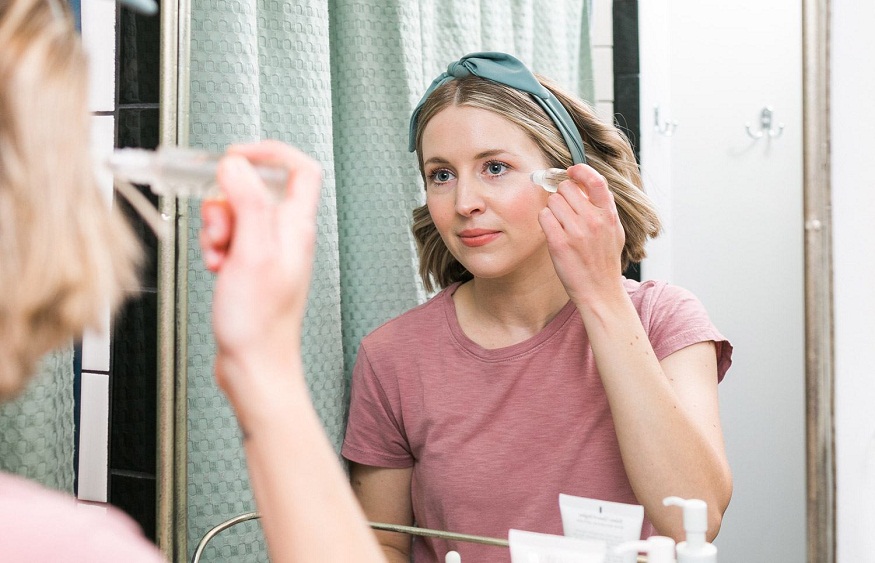The argument over natural versus chemical skincare products extends to eye creams, with customers weighing the advantages and disadvantages of each formulation type. Understanding the differences between natural and chemical eye creams and their effects on skin health and efficacy is critical for making informed skincare decisions.
Introduction to Eye Cream Formulations
Eye creams treat specific issues surrounding the delicate eye area, such as dark circles, puffiness, as well as fine wrinkles. Natural and chemical formulas provide different approaches to reaching these skincare aims.
Natural Eye Creams: Benefits and Considerations.
Natural eye creams are prepared with plant-based components and botanical extracts, frequently chosen for their soothing, nourishing effects.
Natural eye creams are less likely to cause irritation or allergic reactions because they are made from organic ingredients and undergo little processing.
Ingredients such as aloe vera, green tea extract, and chamomile soothe and nourish the delicate skin around the eyes, resulting in a calm and refreshed appearance. Moreover, natural eye creams frequently emphasise sustainability and ethical sourcing procedures, which appeal to environmentally aware consumers.
Chemical Eye Creams: Benefits and Considerations
Chemical eye treatments use synthetic chemicals and laboratory-derived components to accomplish specific skincare benefits.
Chemical eye creams may contain active compounds such as retinoids, peptides, and hyaluronic acid, which have been scientifically demonstrated to increase skin firmness, decrease wrinkles, and improve skin texture.
Synthetic compounds enable exact control over constituent concentrations and effectiveness, tailoring to specific skincare needs. Chemical formulations are also popular among individuals looking for quick skincare remedies because they often produce more noticeable results.
Choosing the Right Eye Cream for You
When deciding between natural and chemical eye creams, consider skin sensitivity, personal skincare goals, and ethical inclinations:
- Skin Sensitivity: People with sensitive skin may prefer natural eye creams since they include fewer possible irritants.
- Skincare Goals: Those seeking specific anti-ageing benefits may benefit from the powerful compositions found in chemical eye creams, whereas those seeking gentleness may prefer natural options.
- Ethical Considerations: Customers who are concerned about sustainability and the environment may pick natural eye creams made with organic farming practices and eco-friendly packaging.
Conclusion
The final decision between natural and chemical eye creams is based on personal preferences, skin type, and desired skincare results. Both formulations provide various advantages, ranging from herbal nourishment to scientifically proven efficacy. Understanding the distinctions and benefits of each type allows consumers to make informed judgements that will successfully complement their skincare routines. Incorporating a high-quality product, such as Babor eye cream, that matches personal beliefs, and skincare demands guarantees that the delicate skin around the eyes receives the best care and attention, resulting in a healthier and more radiant appearance over time.a



